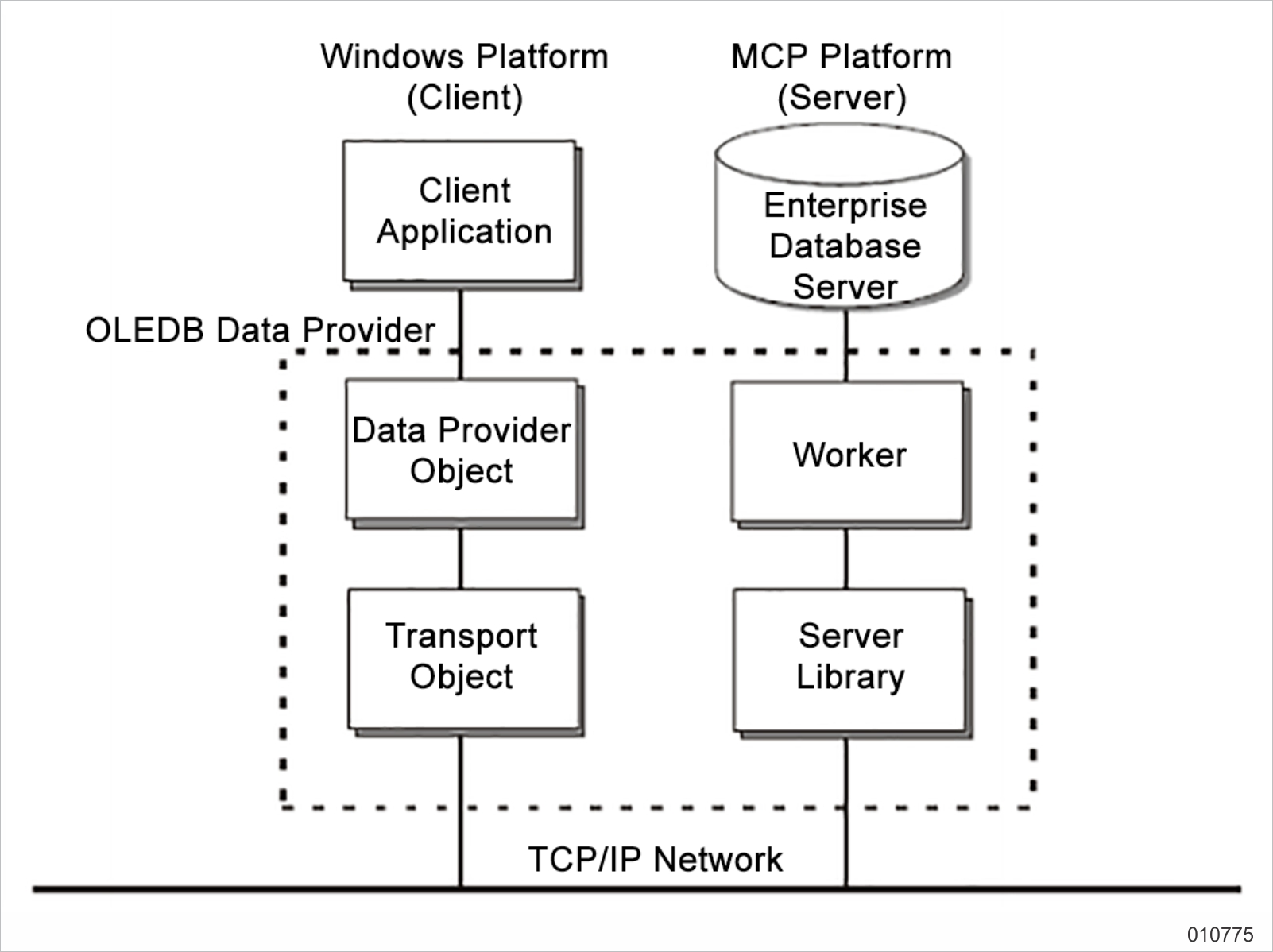Key Functions to Try To Find When Selecting a Database Provider
Selecting a data source provider is an essential decision that can significantly affect your organization's procedures and data monitoring technique. Among the important attributes to consider are scalability choices, which make sure that your system can adjust to expanding demands.
Scalability Options
When picking a data source service provider, understanding scalability options is important to ensuring that the chosen option can accommodate future growth. Scalability refers to the capability of a data source system to broaden its ability and efficiency in response to boosted need. There are two main kinds of scalability: upright and horizontal.
Upright scalability, or "scaling up," entails enhancing a solitary web server's resources, such as CPU, RAM, or storage. This technique can be cost-efficient and uncomplicated for smaller applications however may get to a limitation where better upgrades are not practical or as well pricey.
Straight scalability, or "scaling out," includes adding a lot more web servers to disperse the load. This technique enables higher versatility and can accommodate considerable increases in data quantity and customer website traffic (database provider). It is specifically advantageous for cloud-based database options that can dynamically allot resources based upon demand

Security Steps

When evaluating safety steps, consider the implementation of file encryption protocols (database provider). Data-at-rest and data-in-transit encryption are vital to ensure that sensitive details remains protected, even in case of a safety violation. Furthermore, search for service providers that offer solid verification devices, such as multi-factor verification (MFA), to better enhance gain access to control
Routine safety and security audits and conformity with sector requirements, such as GDPR or HIPAA, are a sign of a service provider's commitment to information security. In addition, make inquiries about their occurrence feedback strategy; a durable plan can lessen the influence of any type of prospective protection incident.
Efficiency Metrics
Reviewing efficiency metrics is important for organizations to make sure that their chosen data source provider meets operational demands. Key efficiency metrics consist of action throughput, scalability, and time, which jointly identify the performance of data source operations under differing tons.
Response time is crucial, as it reflects just how swiftly the database can refine questions and return outcomes. Organizations should search for metrics that indicate typical reaction times throughout peak and off-peak hours. Throughput, frequently measured in deals per second (TPS), provides understanding right into the data source's capability to manage high volumes of requests without performance deterioration.
Scalability analyzes the data source's capacity to grow with the organization's needs. A durable data source company must show vertical and straight scaling capacities, allowing for seamless changes as needs change. Furthermore, comprehending latency, specifically in distributed systems, can aid companies examine the responsiveness of the data source across various geographical locations.
Customer Support
Reputable customer assistance is a cornerstone of efficient data source administration, offering organizations with the help required to enhance and settle problems efficiency. When picking a data source service provider, evaluating the degree of customer support they use is important. A durable support group ought to consist of multiple networks of interaction, such as phone, e-mail, and live conversation, ensuring that users can access assistance whenever they need it.
Additionally, receptive assistance groups that are available 24/7 considerably improve the integrity of the data source service. Prompt response times and effective resolution of Get More Information problems can significantly lower downtime and boost general productivity. It is additionally beneficial to think about the availability of dedicated assistance workers, that can offer tailored aid based on a company's specific needs.

Prices Structure
When taking into consideration a data source provider, the pricing framework is an essential variable that can significantly impact an organization's budget and total approach. A clear and versatile pricing model is important for lining up the database sets you back with service requirements - database provider. Organizations needs to assess whether the pricing is based on consumption, per individual, or a level rate, as each version can yield different financial implications with time
It is very important to examine any additional expenses related to the carrier's solutions, such as data storage space fees, purchase costs, and assistance costs. Some carriers might use tiered pricing, enabling scalability as the organization grows, while others could enforce rigorous restrictions that can become costly as information demands boost.
Furthermore, companies need to take into consideration the long-term worth of the database remedy. While lower first prices can be enticing, they may not make up future upgrades, maintenance costs, or combination expenses. Carrying out a comprehensive cost-benefit analysis will assist determine the most suitable rates structure browse this site that stabilizes efficiency, assistance, and scalability, inevitably making sure that the chosen database service provider lines up with the organization's financial and functional goals.
Final Thought
Finally, picking a database service provider requires mindful factor to consider of different why not try this out critical functions. Scalability alternatives ensure versatility to future development, while robust security actions protect sensitive information. Assessing efficiency metrics allows the recognition of effective data sources, and available consumer support enhances the total individual experience. A transparent rates framework additionally contributes to informed decision-making. By extensively analyzing these variables, companies can make tactical options that straighten with their long-term objectives and functional needs.
Choosing a database company is a vital choice that can dramatically influence your company's information and procedures administration strategy.When choosing a data source supplier, understanding scalability options is vital to making certain that the chosen remedy can fit future growth. When selecting a database company, evaluating the level of consumer support they supply is necessary.When considering a database company, the rates framework is an essential variable that can substantially influence an organization's spending plan and overall method. Performing a complete cost-benefit analysis will help determine the most appropriate pricing framework that stabilizes efficiency, support, and scalability, ultimately ensuring that the picked database provider straightens with the company's financial and functional goals.
Comments on “Just How a Good Database Provider Can Boost Your Data Monitoring”